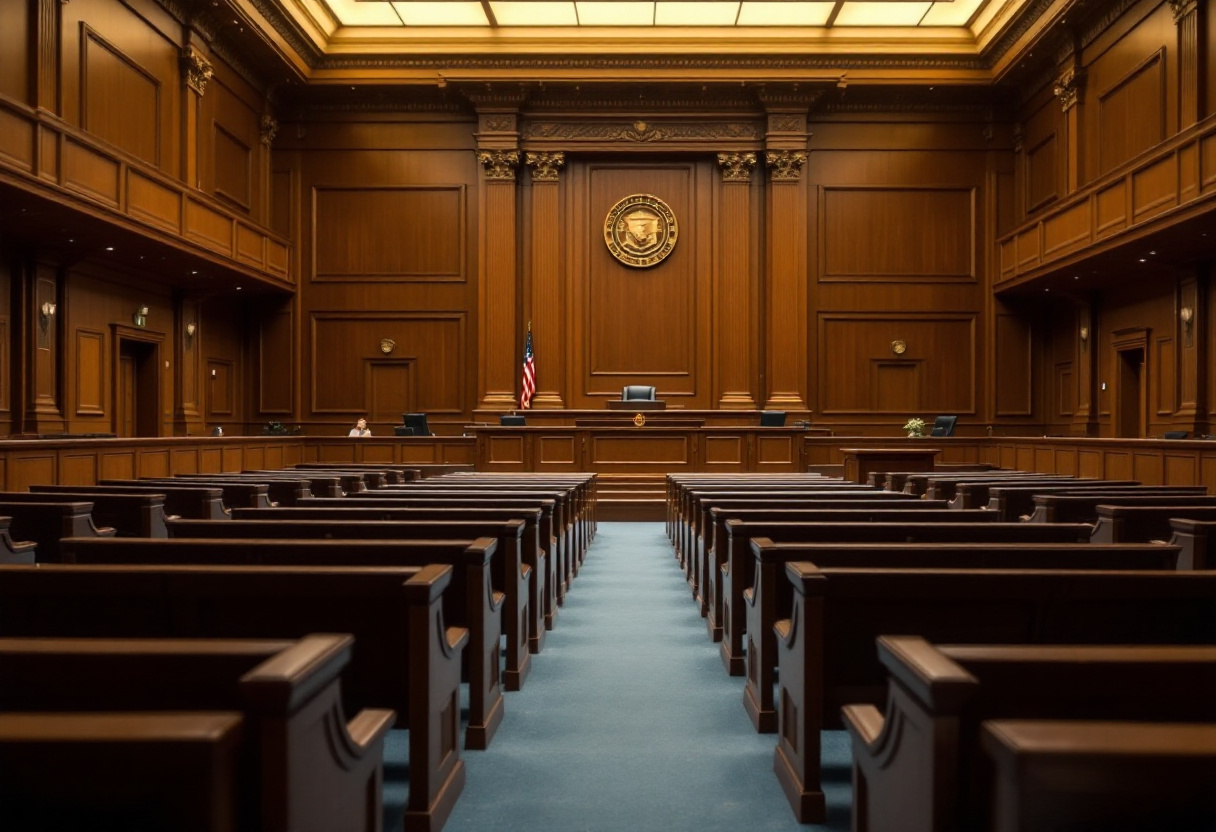Table of Contents
Understanding the Case of Carlos Serrano-Restrepo
In a significant ruling, a federal judge in Ohio has denied a motion to dismiss gun charges against Carlos Serrano-Restrepo, an undocumented immigrant who has lived in the United States for over 15 years.
The case has sparked a heated debate about the rights of illegal immigrants, particularly regarding the Second Amendment. Serrano-Restrepo was charged with possession of a firearm by an alien unlawfully in the U.S. after authorities discovered he had purchased at least 22 firearms while falsely claiming to be a U.S.
citizen.
The Investigation and Charges
The Bureau of Alcohol, Tobacco, Firearms and Explosives (ATF) initiated an investigation into Serrano-Restrepo after noticing his unusual firearm purchases. Following a search of his home, agents seized approximately 170 firearms, along with tens of thousands of rounds of ammunition.
The sheer volume of weapons raised alarms about the potential risks associated with such ownership by someone without legal status. Serrano-Restrepo defended his actions by stating that some of the firearms were intended for self-defense, a claim that many find contentious given his legal status.
Legal Arguments and Judicial Ruling
Serrano-Restrepo’s legal team argued that he has a constitutional right to bear arms under the Second Amendment. However, the judge firmly rejected this argument, stating that allowing unlawful immigrants to possess firearms contradicts the historical context of firearm regulations in the United States.
The ruling emphasized that the right to bear arms is contingent upon an individual’s allegiance to the nation, which is formalized through the naturalization process. This decision not only affects Serrano-Restrepo but also sets a precedent for similar cases involving undocumented immigrants and gun ownership.
Implications for Gun Rights and Immigration Policy
This case raises critical questions about the intersection of gun rights and immigration policy in America. As the nation grapples with issues of gun control and immigration reform, the ruling serves as a reminder of the complexities involved. Advocates on both sides of the debate are likely to use this case to bolster their arguments, whether for stricter gun control measures or for the rights of undocumented individuals. The upcoming trial, scheduled for January 21, 2025, will undoubtedly attract significant attention as it unfolds.




